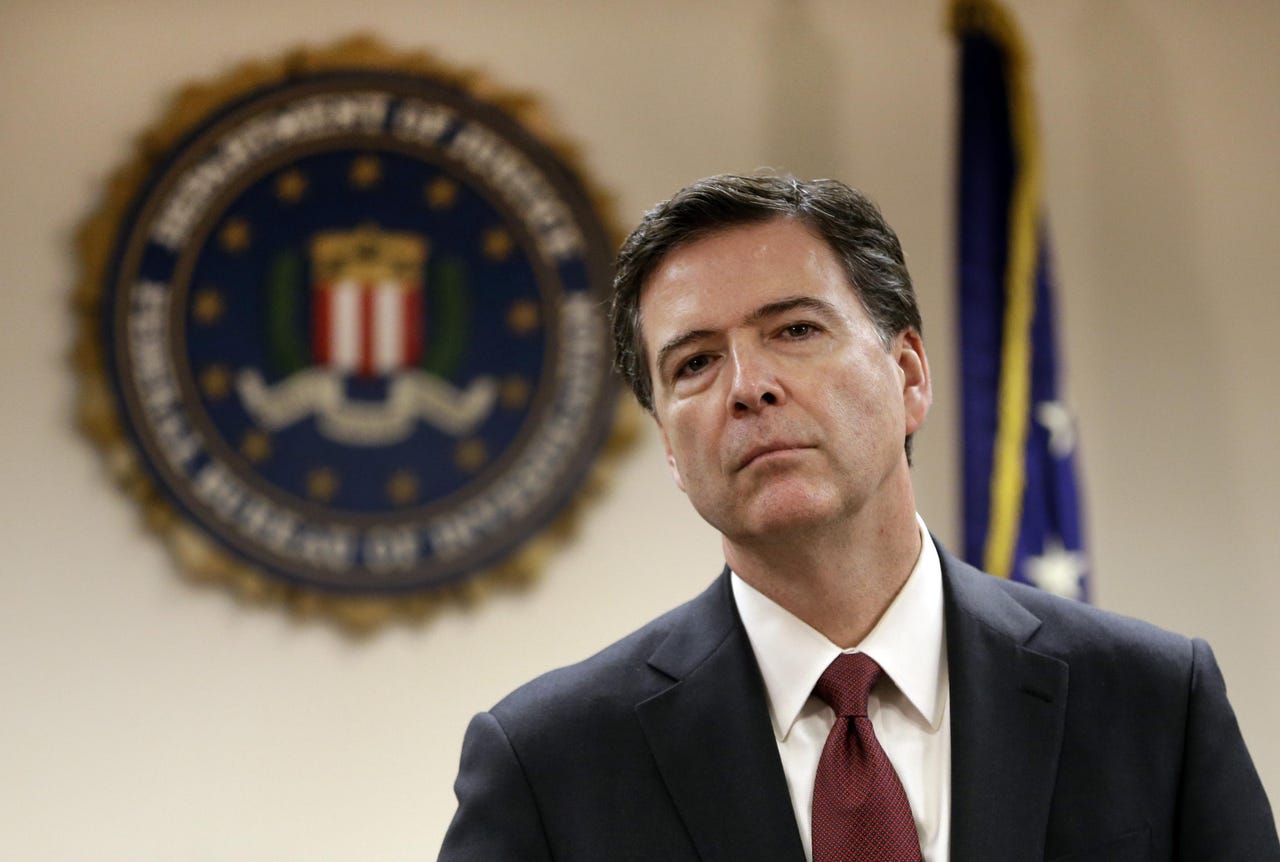Lawmaker to FBI: Don't use iPhone unlock case to bypass Congress on encryption


A US lawmaker has asked the FBI to drop its lawsuit compelling Apple to help unlock an iPhone belonging to one of the San Bernardino shooters.
Rep. Ted Lieu (D-CA, 33rd) said in a letter to FBI director James Comey on Tuesday that the motion should be "withdrawn," rather than let the case "circumvent the critical and necessary policy discussions."
Lieu argued that Congress should be charged with legislating on the matter to debate "these exact issues."
It's the latest move by a member of Congress in the long-running battle between tech companies and the government on matters of encryption.
Lieu's office confirmed that the FBI had acknowledged receipt of the letter. Apple did not respond to a request for comment on Tuesday.
A spokesperson for the FBI declined to comment, but referred back to comments Comey made on Sunday about "victims and justice."
The battle came to a head earlier this month when the FBI sought and won a motion to compel Apple to write new software that would allow federal agents to beat the security feature that erases the data on the subject phone.
The phone was used by Syed Farook, who along with his wife, Tashfeen Malik, murdered 14 people in San Bernardino, California in December 2015.
But Apple chief executive Tim Cook said the "unprecedented" move would "undeniably create a backdoor" to its products, and would have "implications far beyond the legal case at hand."
The company said it would oppose the order. Apple has until Friday to respond to the motion.
"Using the court process and an antiquated law to coerce a private sector technology company is especially inappropriate in this situation because Congress has been actively debating the very issue of the appropriateness of mandating 'backdoors' and other ways to weaken encryption," Lieu added.
Lieu, one of just four computer science majors in Congress, said he has seen "far-reaching unintended consequences" when applying outmoded concepts to modern technology.
"Trying to apply an 18th century law to a 21st century technology company should not give anyone any confidence in the result," he said.
Lieu was talking about the All Writs Act, the 227-year-old law at the center of the Apple-FBI saga. The law is designed to give a court the "authority to issue [orders] that are not otherwise covered by statute," so long as the request is not impossible.
Lieu was critical of the motion, granted by US magistrate judge Sheri Pym on February 17, calling it a "strained interpretation," which if upheld would "open the floodgates for all future prosecutors to make the exact same demands in any case involving a smartphone that [the] government cannot decrypt."
He argued that Congress should be responsible to "strike the appropriate balance" on the matter, and it should "not be decided by unelected entities."
Security
Two lawmakers are expected to release more details on Wednesday on a draft bill that would aim to set up a national commission on balancing personal privacy with law enforcement interests.
House Homeland Security Committee Chairman Michael McCaul (R-TX, 10th) and Sen. Mark Warner (D-VA) are expected to reveal more about the proposal, which aims to go "beyond the partisan back and forth and establish this as a national priority."
Meanwhile, Sen. Richard Burr (R-NC), chairman of the Senate Intelligence Committee, and Sen. Dianne Feinstein (D-CA), the committee's ranking member, are said to be working on legislation that would compel tech companies to comply with orders that seek encrypted data.
A spokesperson for Burr said, however, that the draft proposals will not include criminal penalties against companies who refuse.
Lieu himself also introduced legislation, the ENCRYPT Act, earlier this month in response to state efforts by New York and California legisaltures to ban the state-wide sale of encrypted smartphones.
The next hearing in the case is expected on March 22. Apple is expected to appeal to the Ninth Circuit appeals court.
You can read the full letter below.